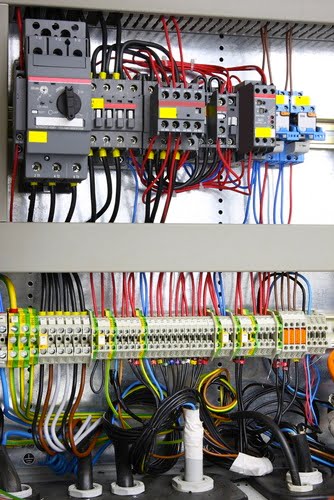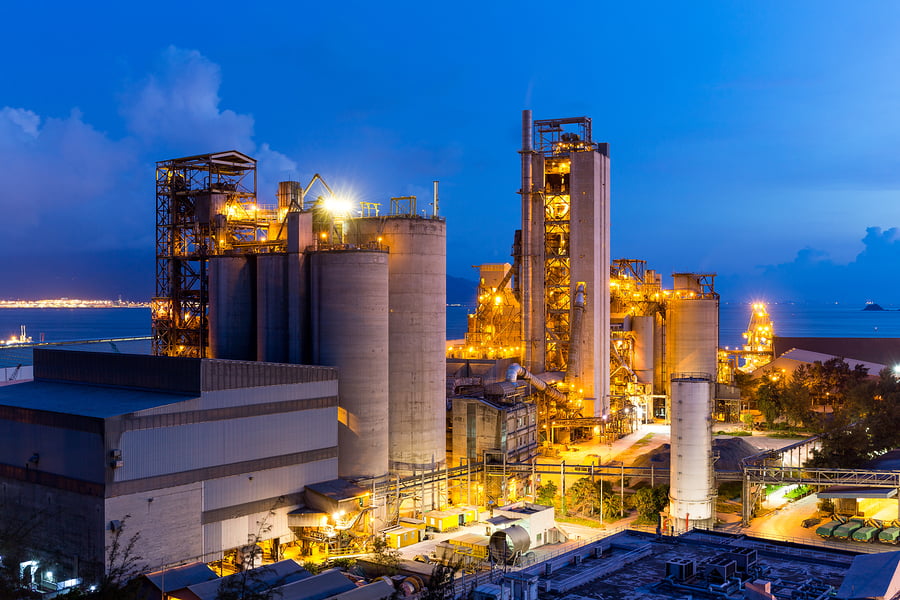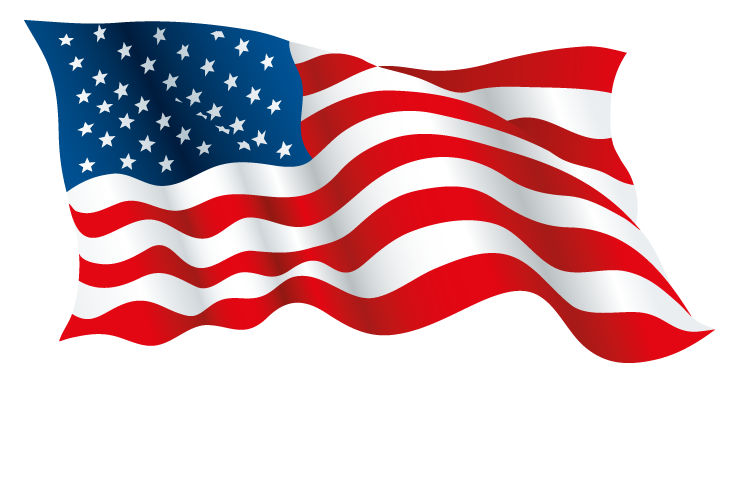What are the Environmental Requirements for Enclosure Air Conditioners in Cement Plants?
 Cement manufacture entails handling various raw materials including limestone, clay, shale, sand, and iron ore. These products are mined on site or transported using bulk carriers, off loaded and stored. Raw materials need to be ground to the correct size prior to being fired in high temperature kilns to produce clinker that is finally ground into cement.
Cement manufacture entails handling various raw materials including limestone, clay, shale, sand, and iron ore. These products are mined on site or transported using bulk carriers, off loaded and stored. Raw materials need to be ground to the correct size prior to being fired in high temperature kilns to produce clinker that is finally ground into cement.
Despite stringent emission control practices, fugitive dust emissions do occur and electrical equipment can be covered in a fine grey dust which is not easy to remove. Electrical equipment may also be subject to high temperatures as well as water and may be exposed to the weather.
These conditions indicate electrical enclosure air conditioning may be warranted and the equipment will need to be designed to withstand difficult environmental conditions in cement plants.
Specific Cement Plant Environmental Conditions
There are three specific environmental conditions in cement plants that affect electrical equipment:
- Dust: Dust produced during transport, off-loading, milling, and grinding is often very fine with particle sizes as small as 10 microns. This dust tends to coat equipment and is not readily removed. The dust is abrasive, slightly alkaline, and hardens if wet.
- High temperature: The preheating process operates at 1,650 °F and the cement kiln at 2,600 °F. Despite the thermal insulation, electrical enclosures in these areas may experience high ambient temperatures.
- Weather and water: Cement plants are generally very large, with kilns, conveyors, and other equipment outdoors and exposed to the elements.
Electrical Enclosure Air Conditioner Requirements
The harsh environmental conditions in cement plants place several constraints on electrical enclosures that generally indicate most enclosures be fitted with suitably equipped enclosure air conditioners. These requirements are summarized below:
- Outdoor enclosures: Outdoor enclosures should be fully sealed to protect them from dust and rain. A coated mild steel construction is adequate to withstand corrosion, but it is recommended the air conditioner filter is fitted with a 2-inch pleated filter to ensure a good air flow over the condenser and reduce the frequency of filter cleaning or replacement. Consideration should be given to installing a remote controller that is mounted inside the enclosure.
- High temperatures: Electrical enclosures placed close to the kiln or preheating equipment and that are likely to be subject to high ambient temperatures should be fitted with air conditioners that have a high ambient option.
- Indoors in dusty areas: Electrical enclosures in these areas should fitted with an enclosure air conditioner with a 2 inch pleated filter and engineered to provide sufficient cooling. The likely levels of dust contamination should be used to establish preventative maintenance schedules set to ensure the filter is kept clean.
- Corrosion protection: The condenser coils should be electrostatically coated with protective epoxy to ensure no corrosion takes place as a consequence of the alkaline conditions.
- Remote monitoring: Taking cognizance of the size of a cement plant and the possibility of excessive dust in certain areas, fitting enclosure air conditioners with a remote alarm facility connected to the control room will provide warning of excessive temperatures in electrical enclosures.
Enclosure Air Conditioning Protects Cement Plant Equipment
The harsh environment found in cement plants necessitates steps be taken to protect electrical enclosures from contamination by cement dust, excessive heat, and adverse weather conditions. Electrical enclosures need to be well sealed to minimize ingress of dust and water and provided with enclosure air conditioners rated for dusty environments to keep electrical equipment within the electrical enclosures at a safe working temperature. The dusty conditions indicate remote monitoring of enclosure air conditioners is warranted to ensure electrical enclosure temperatures are maintained within safe operating parameters.
For more information about electrical enclosure air conditioners and how they can help you save money at your facility, contact the sales team at Thermal Edge. We can help you determine the best product to fit your cement plant needs.


